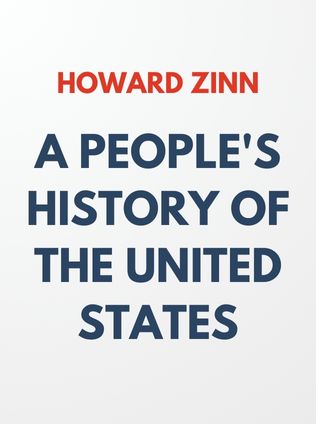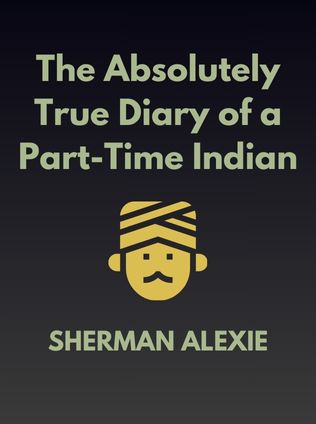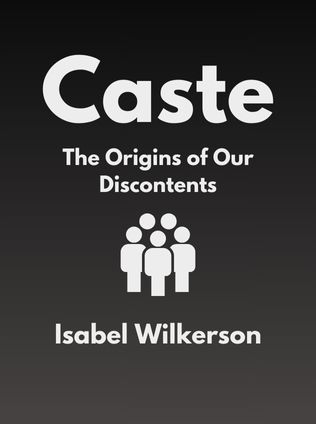
A People's History of the United States
By Howard Zinn
Published 09/2004
About the Author
Howard Zinn, a renowned historian, playwright, and social activist, was born on August 24, 1922, in Brooklyn, New York. He grew up in a working-class family during the Great Depression, an experience that shaped his perspective on social justice and historical scholarship. Zinn served as a bombardier in World War II, an experience that later fueled his anti-war sentiments and activism. After the war, he pursued an academic career, earning a Ph.D. in history from Columbia University. Zinn's work is characterized by a focus on the experiences and struggles of ordinary people, rather than the traditional emphasis on elites and political leaders. His most famous work, "A People's History of the United States", has been both celebrated and criticized for its unflinching critique of American history from the perspective of the oppressed. Zinn's legacy continues to inspire activists and scholars who seek to challenge dominant narratives and advocate for social justice.
Main Idea
"A People's History of the United States" by Howard Zinn offers a radically different perspective on American history. Instead of focusing on the actions and decisions of powerful elites, Zinn shifts the lens to the experiences of marginalized and oppressed groups—Indigenous peoples, African Americans, women, laborers, and others who have often been left out of traditional historical narratives. Zinn argues that American history is not a tale of progress and freedom, but rather a story of continuous struggle between the powerful and the powerless, with the former often exploiting the latter to maintain their control and wealth. Through his examination, Zinn seeks to provide a voice to those who have been silenced and to challenge the glorified versions of history that have been widely accepted.
Table of Contents
- The Colonial Era (1492-1788)
- Expansion and Division (1789-1865)
- Industry and Labor (1840-1939)
- Rising Empire (1898-1972)
- Social Upheaval and the Modern Consensus (1945-2001)
The Colonial Era (1492-1788)
The foundation of the United States is deeply rooted in the exploitation and subjugation of various groups, beginning with Indigenous peoples. When Christopher Columbus arrived in the Americas in 1492, it marked the beginning of a long history of European colonialism driven by capitalist greed. Zinn argues that this period was characterized by a brutal class system where the wealthy elites, primarily white European settlers, exploited both the land and its native inhabitants. The colonial economy was built on the backs of enslaved Africans and indentured servants, creating a society where power and wealth were concentrated in the hands of a few.
Zinn challenges the conventional glorification of figures like Columbus by revealing the atrocities committed in the name of progress and civilization. The Indigenous populations were decimated through violence, disease, and forced displacement, setting a precedent for future interactions between European settlers and Native Americans. This period also saw the institutionalization of slavery, as Africans were forcibly brought to the colonies to provide labor for the growing economy. The colonial era, as Zinn presents it, is not a story of discovery and freedom, but one of exploitation and oppression.
Colonial Ambition and Christopher Columbus
Zinn begins with a critical examination of Christopher Columbus and the European colonial project. He argues that the discovery of the Americas was not a heroic endeavor but rather a ruthless quest for wealth. The arrival of Europeans marked the beginning of a systematic genocide against Indigenous peoples, justified by a belief in racial superiority and divine right. Zinn writes:
"The Indians, Columbus reported, 'are so naive and so free with their possessions...they would make fine servants...With fifty men we could subjugate them all and make them do whatever we want.'" — Howard Zinn
This quote encapsulates the attitude of the colonizers, who viewed the native populations as nothing more than obstacles to their pursuit of wealth. The initial encounters set the stage for centuries of violence and dispossession, as European settlers expanded their territories across the continent.
The Classes of Colonial America
Zinn delves into the class structure of colonial America, revealing a society deeply divided by wealth and power. The colonial economy was dominated by a small elite of landowners and merchants, while the majority of the population—comprising poor white laborers, enslaved Africans, and Indigenous people—lived in poverty and oppression. This class system was designed to maintain the dominance of the elite, with laws and social norms reinforcing the hierarchy.
Sign up for FREE and get access to 1,400+ books summaries.
You May Also Like
Freakonomics
A Rogue Economist Explores the Hidden Side of Everything
By Steven D. Levitt and Stephen J. DubnerI Am Malala
The Story of the Girl Who Stood Up for Education and Was Shot by the Taliban
By Malala Yousafzai



















